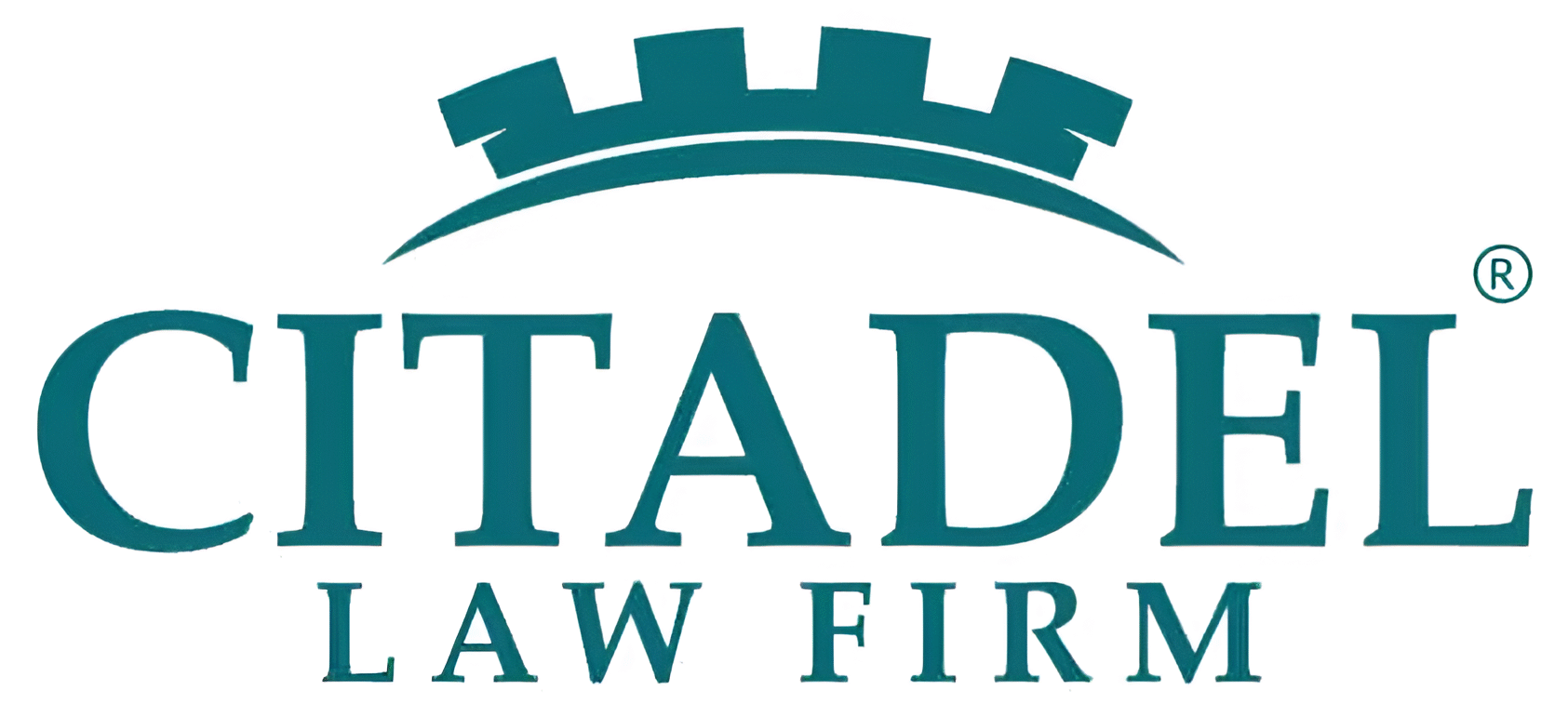Learn More About Hidden Assets After Divorce
Arizona is a community property state, which means all property—with few exceptions– acquired during the marriage by either spouse is actually owned as a 50/50 split with the other. As you can imagine, it doesn’t take long before basically every asset held between a husband and wife qualifies as community property. Marriages last years and money changes hand quickly, before you know it everything we own is blended into the community pot. In the event of a divorce, for the most part, all of these assets are split equally and each spouse leaves with their respective half.
For some individuals, this process doesn’t satisfy their desires. Spouses going through divorce hide assets during a dissolution of marriage in any number of ways but almost always for one reason: assets that the Court doesn’t know about can’t be split. In order to protect your rights to community property, you should know a few of the most common ways assets are hidden and how Citadel can help you sniff it out before it’s too late.
But first, a disclaimer:
Deliberately hiding assets from your spouse to avoid it being adjudicated as community property is fraud. Do not convince yourself that the only risk you are running is having to split the property evenly. Not only could you be guilty of criminal fraud or perjury, but a judge could impose serious penalties on you in the dissolution decree, meaning your wager could be an illegal fraud that pays your spouse like an underdog. Any attorney who advocates for you to commit fraud or lie under oath has their best interest at heart, not yours.
Changing Title
Divorces may take longer than we wish, but they don’t last forever. Changing the title of an asset, such as a vehicle or expensive equipment for a business, is a common manner of devaluing the community property pot. Basically, the asset is laying low until the heat is off when it can pop back up. A common sign of this is an asset that was “sold” for considerably less than it was actually worth, or even donated outright to a family member or close friend. If these types of transfers are uncovered for what they are, then the “donor” spouse will likely have an uphill battle convincing the court of their newfound knack for generosity. If you are going through a divorce right now or anticipating going through a divorce, you would be wise to make note of any assets owned by you and your spouse that could be transferred in this way. The sooner your attorney knows about something, the easier it is to keep an eye on something.
Family Business
Anybody familiar with running a small business knows that the financial dealings can be complicated to say the least. While this can be one of the most difficult aspects of running a small business, it also makes these businesses perfect for hiding assets. The end goal here is usually going to be to minimize the amount of income a business is generating its owners, at least on paper, because this income is the easiest property for the court to see in the event of a spouse in divorce hide assets. Having experienced lawyers who know what to look for is crucial to protecting your part of the business.
Secret Assets
One of the most common and old-fashioned ways of hiding assets from the community property pot? Don’t tell anybody they exist! Secret bank accounts, safety deposit boxes, bonds, vehicles, credit cards, you name it. It’s a big world out there, and for some people the easiest way to hide something is to keep it a secret and hope nobody stumbles across it. There are two ways your attorney can help fight this: First, by knowing what questions to ask when it counts. During a divorce, both spouses are going to have to answer questions on the record and under oath. It’s important to ask questions that give the person hiding assets the option to either reveal the asset, or lie under oath. Nobody can stop them from committing perjury, but a smart attorney can force them to make a tough choice. Second, subpoena records and follow the money and forensic accounting. Eventually a person’s secret assets will interact with their not-so-secret assets. It isn’t uncommon for these assets to make a guest appearance in a subpoenaed document, such as bank statements or tax filings. A detail-oriented attorney can find the string and pull it until they get to the end.
These aren’t the only ways to hide assets, they are just some of the more common. The temptation to hide assets can be strong, and for some it can be irresistible, which is why some spouses in a divorce hide assets. Assets can also be hidden when there is a blended family involved. Read more if you want to know what to do if you are apart of a blended family. When that’s the case, you need an experienced advocate on your side. If you or someone you care about is going through a divorce and they need help with their estate planning or a trust, call 480-565-0046. Citadel Law Firm can help.


